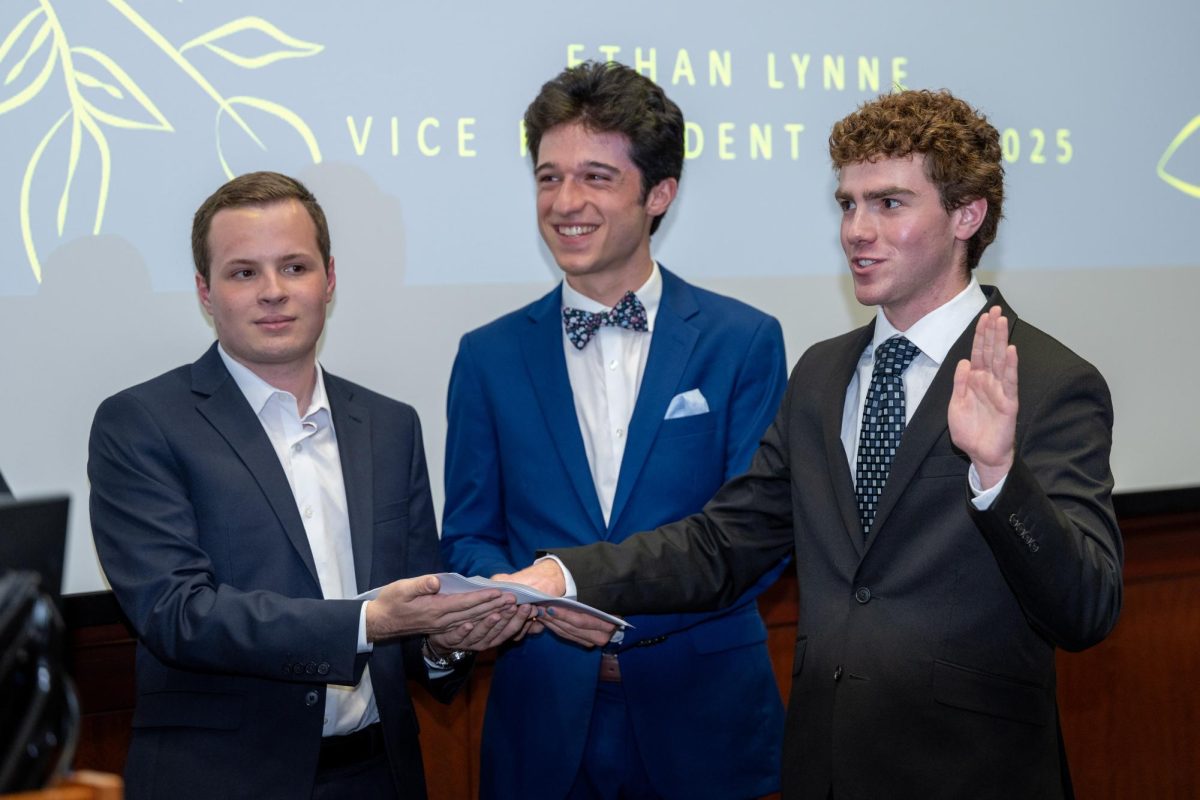
Updated: Nov. 5, 2014 at 1:41 p.m.
A GW Law School professor will spend a $500,000 grant over the next three years gathering evidence of how family courts respond to cases of abuse.
Joan Meier, a law professor who runs GW’s Domestic Violence Project, earned a grant this fall from the National Institute of Justice to try to show that courts across the country have fallen into a trend of awarding custody to an abusive parent, even after the other parent warns the judge about the possibility of abuse.
The grant is one of the first that the University’s law school has been awarded by the National Institute of Justice, and is one of the first projects nationally to study domestic abuse and custody cases.
The project will analyze the findings of more than 1,000 court cases from the past 15 years. The researchers hope to debunk “junk science” that mothers make false accusations of abuse to alienate fathers from their sons or daughters, a misconception that Meier said has put many children in danger.
She said researchers can say anecdotally that courts have awarded custody to known abusers or fathers whose mothers have warned could be abusive to children, but researchers and advocates sharing their experiences alone hasn’t yet led to change.
“What occurred to me was we simply needed empirical information. We had to stop describing our experiences and start looking at the numbers,” she said.
Meier and her team of legal and statistical experts will create a database of court opinions that she hopes will show a pattern that supports her hypothesis, and will then present it to activists, local courts and organizations that train judges.
Most of the research about child and domestic abuse and custody cases is at the local level, Meier said.
“All the research studies out there are very localized and don’t seem to have really affected the family courts,” she said. “My feeling was that we had to look across the board. All family courts, all family jurisdictions, any decisions that we could get our hands on that is in print, so that it would no longer be a localized issue.”
Meier is the founder and legal director of the Domestic Violence Legal Empowerment and Appeals Project, a nonprofit that launched to help domestic violence survivors receive pro-bono help. Meier also teaches the law school’s domestic violence clinic, in which eight students work with local organizations in domestic violence legal advocacy every semester.
A pilot project by Meier, which helped her earn the new grant, found that mothers who accuse their children’s father of abuse are more likely to lose custody. She said researchers now also expect to find strong evidence that women are more likely to lose custody than men in general.
Sean Dickson, who worked on the pilot and is a consultant for the next phase of the project, said the research takes a systematic approach to evaluating cases across the country, which could lead to clear findings about gender bias.
“I think the research will help demonstrate the implicit bias that judges may have and how they perceive individual clients,” Dickson said.
Leora Rosen, a former senior social science analyst at the National Institute of Justice, said the study is unique because of its objectivity and it looks at family court rather than criminal court cases. She has partnered with Meier for the study.
“I do believe that when you can provide reliable statistics that stand up to scrutiny, you are in a better position to bring about change at all levels,” she said. “Currently, we do have some data that supports what advocates are finding with battered women in custody battles. We just don’t have the hard statistics yet and say this is what is happening.”
This post was updated to reflect the following correction:
The Hatchet incorrectly reported that Leora Rosen had said that the study was unique because of its lack of objectivity. She actually said it was unique because of its objectivity. We regret this error.







